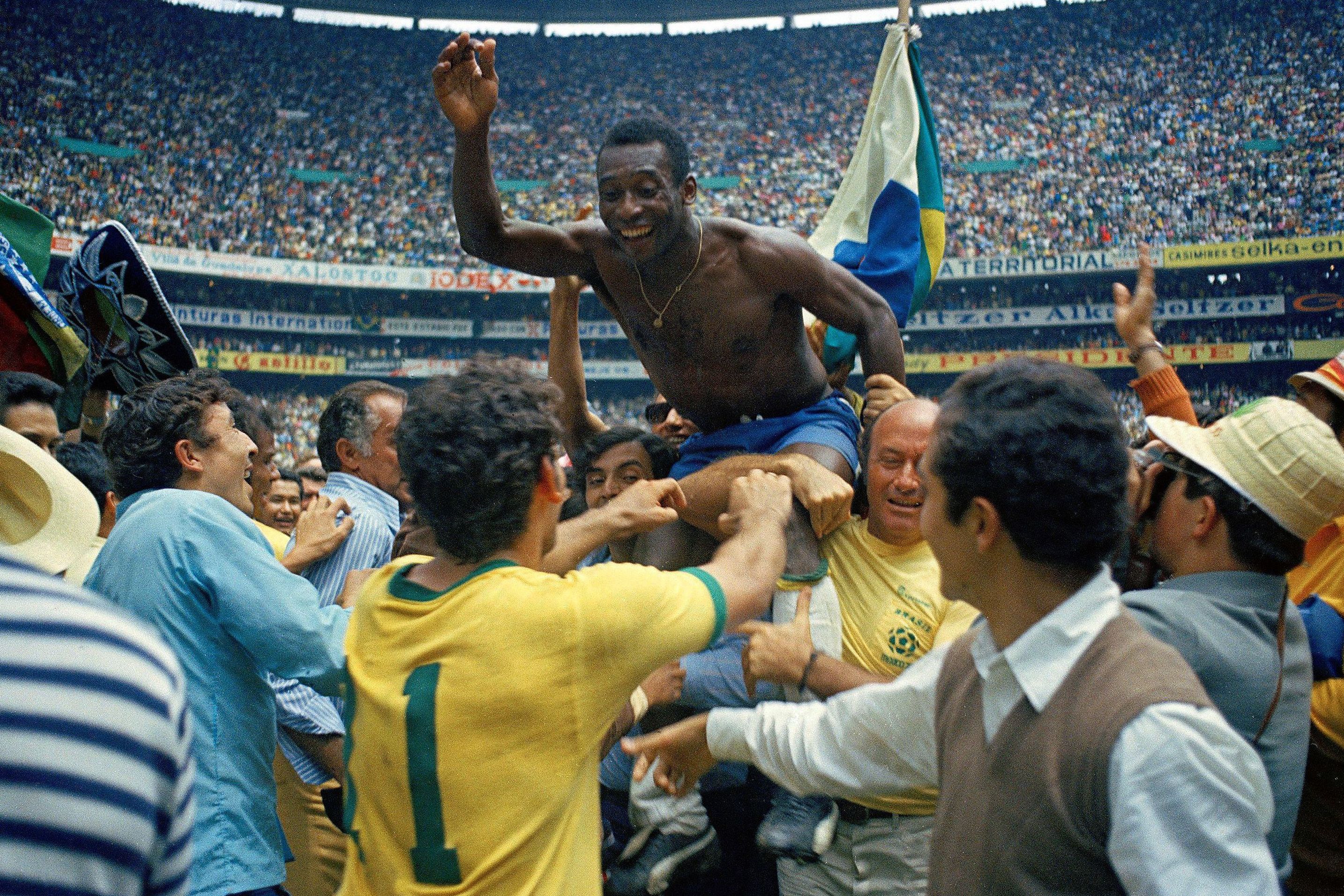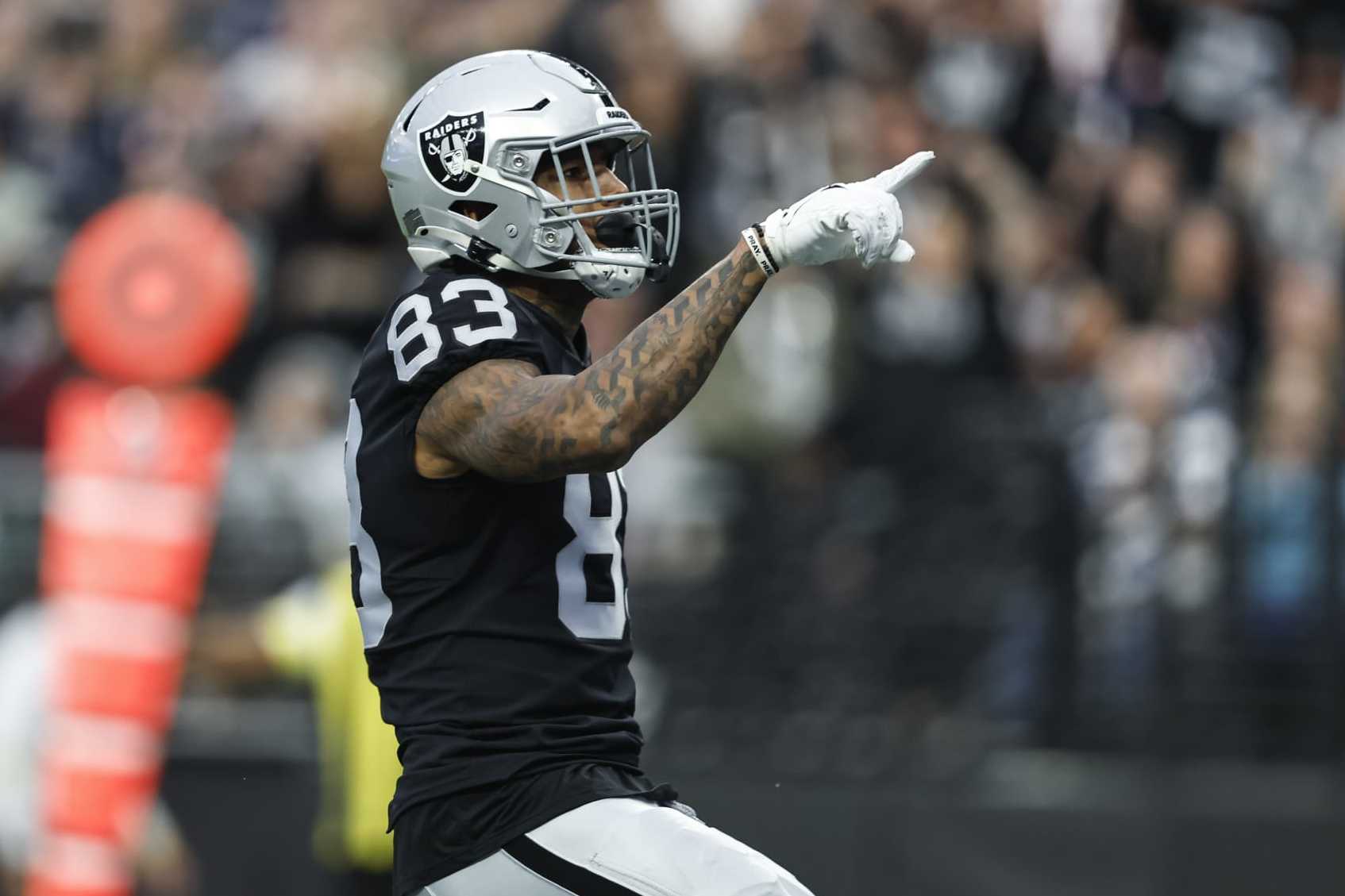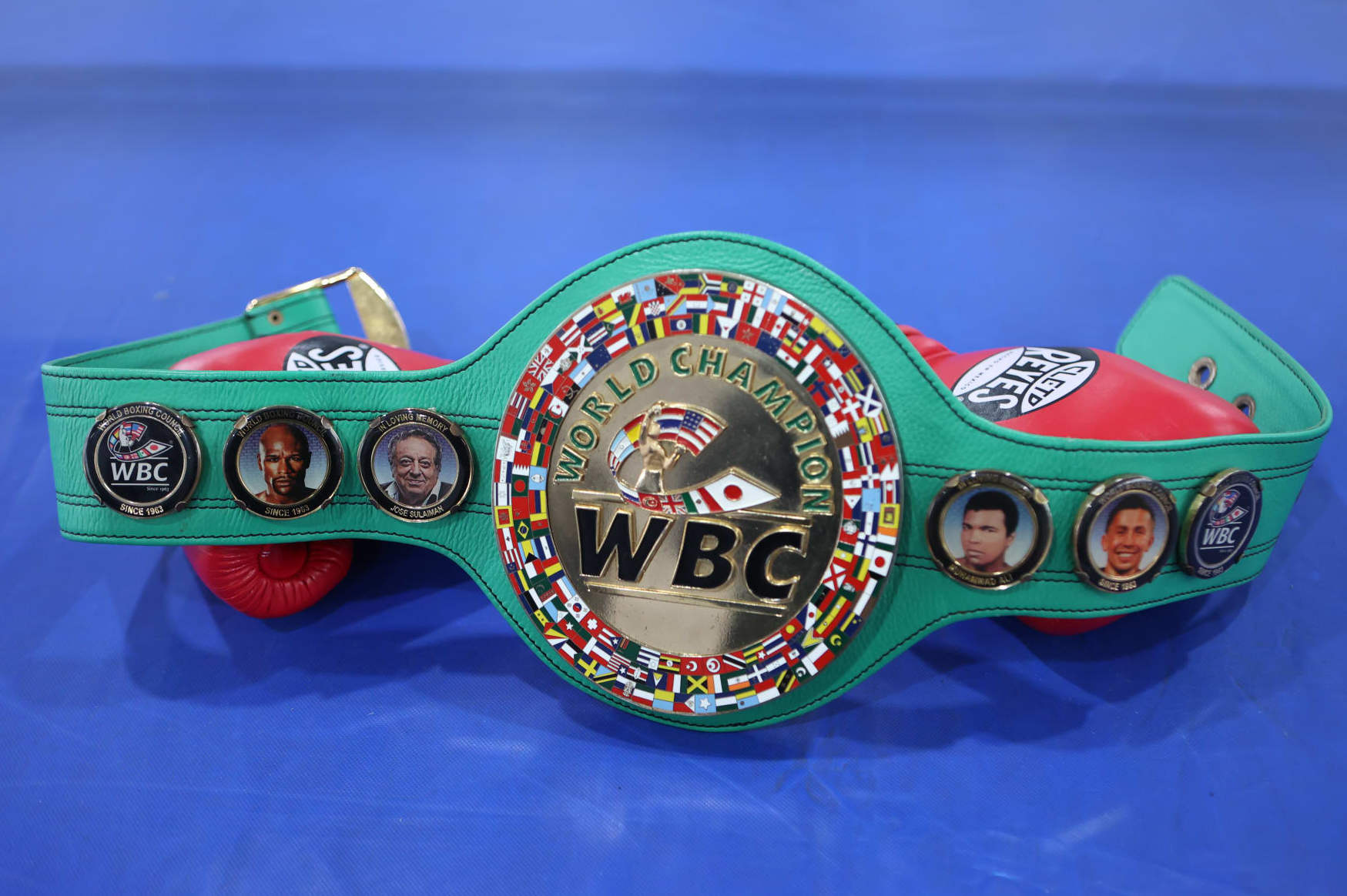Pelé, Iconic Brazilian World Cup Winner, Dies at Age 82

Soccer legend Pelé died Thursday at the age of 82, his manager confirmed.
Pelé was hospitalized in November for complications related to his colon cancer, and his health steadily worsened in the ensuing weeks. The Guardian's Andrew Downie reported on Dec. 24 that his family members had arrived at the São Paulo hospital where he was being treated.
The three-time World Cup winner is universally regarded as one of the greatest male players in the sport's history. For years, Diego Maradona was arguably his closest competition, with the discussion having since expanded to include Lionel Messi and Cristiano Ronaldo.
The numbers alone speak to Pelé's dominance on the pitch.
His 643 goals for Santos had been the all-time single-club record until Messi notched his 644th goal for Barcelona last December. However, Santos historian Odir Cunha told ESPN FC's Andrew Cesare Richardson that the former Brazil international actually tallied 1,091 goals for Santos, with a high volume coming in non-official friendlies that were far more competitive than their designation indicated.
With Pelé at the fore, Santos won the Copa Libertadores in 1962 and 1963 and was crowned the champion of Brazil's first division on six occasions.
For the majority of soccer fans, his time with the Brazil national team created the most enduring memories.
Pelé's first World Cup medal came in 1958, when he was just 17. He was named the tournament's Best Young Player after scoring six goals in four matches.
The Seleção successfully defended their title in 1962, but a thigh injury limited Pelé to two appearances in the tournament. Four years later, he and Brazil failed to advance out of the group stage as they struggled to cope with the physicality of Bulgaria and Portugal.
Pelé had been so disenchanted by the style of play that he contemplated walking away from World Cup competition altogether.
Luckily for fans, he was back in the fold in time for the 1970 edition and played a key role in what many believe to be the best men's team in the sport's history.
Brazil beat Czechoslovakia 4-1 in its opening game before taking down reigning champion England 1-0 in its second fixture. The run culminated in a 4-1 demolition of Italy in the final. Pelé netted the opener in the 18th minute and Carlos Alberto capped off a brilliant collective effort in the 86th minute for the country's fourth goal.
Jonathan Wilson wrote for Sports Illustrated how the 1970 Brazil squad took on an added importance because soccer in general was entering a time when pragmatism superseded aesthetics. Brazil that summer "was a final celebration of the old football":
In Mexico, where the heat and the altitude made pressing impossible, where the game was slowed down so that artistry emerged again, Brazil, elevated by intense preparation, won a victory for the artistic football of the past. Even it, by 1974, had switched to something more physical, less full of flair. There were flickers of the old school under Tele Santana in the 1980s, but by the time Brazil next won the World Cup in 1994, the heart of its midfield was not a player of the elegance of Gerson, but the dogged spoiler, Dunga. In 1958, Brazil had Didi and Zito in the middle of midfield; by 2010 it had Gilberto Silva and Felipe Melo.
With his club and international career seemingly over, Pelé padded his legacy by signing with the New York Cosmos in 1975. He helped briefly put soccer on the map in the United States and laid the groundwork for the sport's explosion stateside decades later.
Both on the pitch and in retirement, Pelé was one of soccer's most influential figures.







